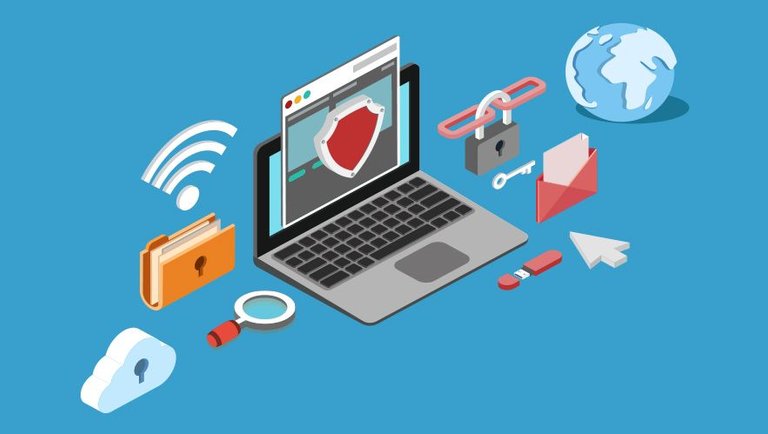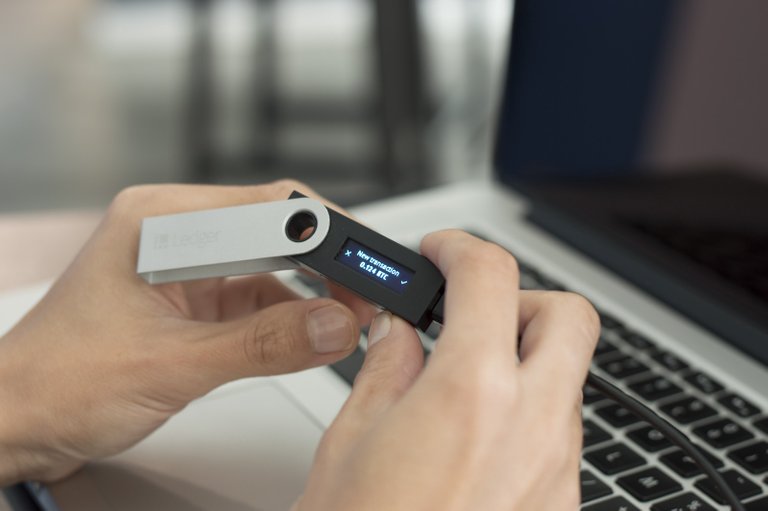
Email Addresses
When using email addresses associated with exchanges, social media and wallets we highly recommend to never open attachments or links in those emails. If this is something you must do to verify something from the site you are visiting, carefully check to make sure the domain name matches the site you think you are being forwarded to. Phishing scams have become very common, so the more patient and secure you can be, the better.
We recommend to use different and unique email addresses for every exchange you sign up for. (Binance, Huobi, Kraken etc.). If able to, you should get an email address associated with a domain name that you own. Setting up a catch all email address would be your best bet for this. Knowing the sender and then verifying the sender is very important. Also, Proton Mail is an encrypted email service that is protected by strict Swiss privacy laws.
Passwords
Storing your passwords in an app/plugin like KeePass will help you create very unique passwords and stored in highly-encrypted databases. KeePass is the open source manager. There are others such as LastPass that are not open source.
We recommend creating different passwords for everything you sign up for. This will help protect you if you have been hacked on a social media site, or an exchange. Using an encrypted password manager will help you do this efficiently. The plugins can make this very simple for you to do.
Along with passwords enable 2FA or two factor authentication is strongly recommended. Apps such as Google Authenticator, Authy and others offer these services. These will prompt you to enter another 6 digit security code after entering your password to make sure it is you logging in.

Computer
When it comes to choosing the computer, we strongly recommend using a dedicated computer for crypto trading. This will help keep your computer very basic and free of tons of software or plugins that will make you more vulnerable.
Although not convenient for everyone, using Linux with Brave Browser and keeping it this basic would be the ultimate protection during trading on a dedicated computer. If you are using Windows or Mac just make sure you stay away from downloading every app or software you come across. Keep this computer as basic as possible to protect yourself during trading.
Continuously upgrading and making sure you have the most recent Anti-Virus software installed is very important.
Keep your dedicated hardware computer on a wired connection is one of the best solutions for WiFi hacking. If you are not at home or do not have the ability to connect to a hard line, make sure you install a nice VPN on the device you are using.

Hardware Wallets
Keeping as many of your cryptocurrencies on a hardware wallet is one of the most important things you can do for security.
Personally we use the Nano Ledger S. The new update has allowed you to have up to 18 Cryptocurrencies on the wallet (making it much more convenient).
Any currency on an exchange that you do not own the private key to is technically not owned by you. If that site or exchange is hacked, you are vulnerable. If kept on a hardware wallet you own your cryptos as well as keeping them safe from mass hacks.
Some cryptocurrencies that are not available on the hardware wallets at this point can be stored in software cold wallets recommended by the projects team. Most ERC-20 tokens are available to be stored on your hardware wallet using MyEtherWallet. Tokens built on the NEO platform can be stored via the hardware wallet using apps such as NEON. These types of apps or sites are only reading what your wallet is broadcasting, they are not storing any of your information in that app unless the hardware wallet is connected.
When dealing with security, you must always be vigilant and make sure you are very patient and careful in all of your clicks when trading, verifying information and signing up for new services. We highly recommend not signing up for new plug-ins or decentralized exchanges until you do your own research.